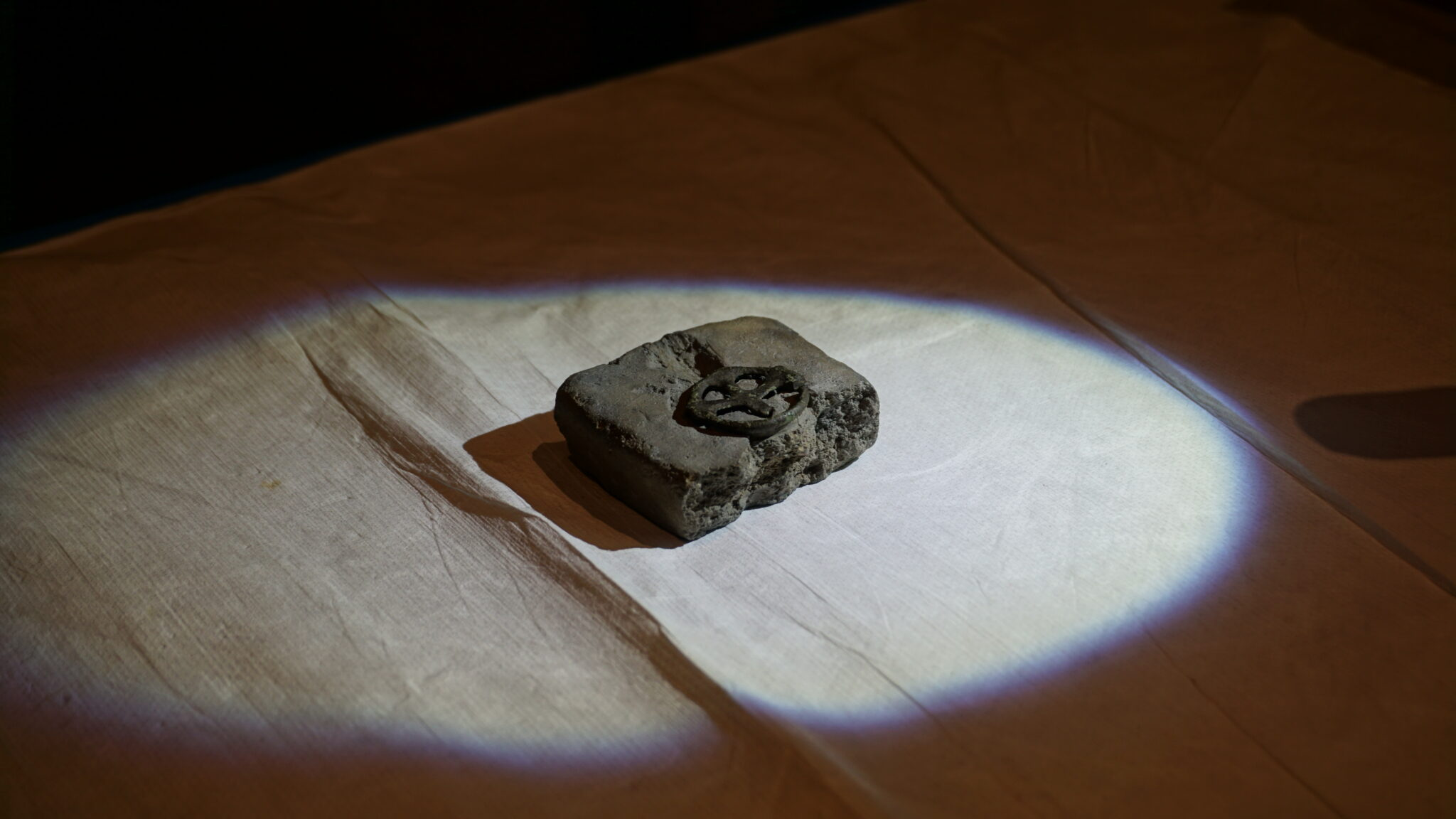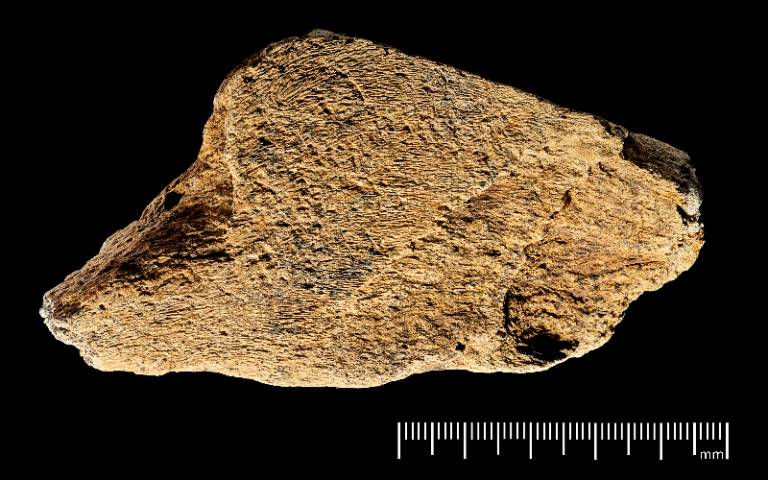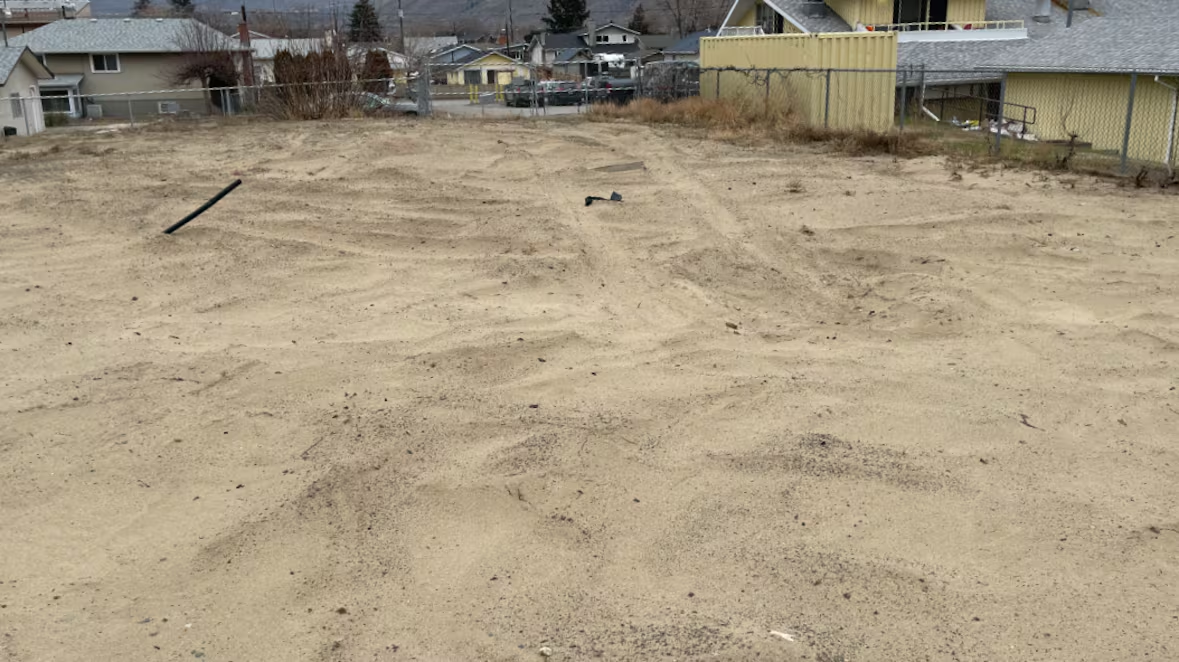Introduction
The Kingdom of Axum, one of the great civilizations of the ancient world, flourished in what is now modern-day Ethiopia and Eritrea. From approximately 100 CE to 940 CE, Axum played a central role in trade, politics, and religion in the Horn of Africa and beyond. Despite its historical significance, Axum is often overlooked in discussions of ancient civilizations. This article explores the origins, achievements, and eventual decline of this powerful kingdom.
Origins and Geographic Importance
Axum emerged as a dominant regional power around the 1st century CE, strategically positioned near the Red Sea. Its location facilitated trade between Africa, the Arabian Peninsula, and the broader Mediterranean world. Merchants from Axum exchanged gold, ivory, frankincense, and exotic animals for Roman, Persian, and Indian goods, making it a crucial hub in the transcontinental trading networks.
Political and Military Strength
The rulers of Axum established a centralized government, with kings wielding considerable power over trade, military, and religious affairs. The most renowned king, Ezana (4th century CE), expanded Axum’s territory and strengthened its military capabilities. He famously converted to Christianity, making Axum one of the first states to adopt the religion officially. The kingdom’s military campaigns extended its influence into regions such as Meroë and the southern Arabian Peninsula.
Cultural and Technological Achievements
Axumite civilization left an enduring cultural legacy, particularly in architecture and writing. The construction of monumental stelae, such as the Great Stela of Axum, demonstrated advanced engineering skills. These obelisks, some reaching over 30 meters, served as royal tomb markers. Additionally, Axum developed its own script, Ge'ez, which remains in use today as the liturgical language of the Ethiopian Orthodox Church.
Religious Significance
The adoption of Christianity under King Ezana marked a turning point in Axum’s history. The influence of Byzantine missionaries helped establish Christian traditions that persist in Ethiopia to this day. Axum’s role in early Christianity positioned it as a religious center, with close ties to the Christian world, particularly Byzantium.
Decline and Legacy
Axum’s decline began in the 7th century due to a combination of internal struggles, resource depletion, and the rise of Islamic caliphates that disrupted trade routes. By the 10th century, the kingdom had largely diminished in power, giving way to emerging regional states. However, Axum’s legacy endures through Ethiopia’s continued Christian traditions, architectural heritage, and historical influence.
Conclusion
Though often overshadowed by other ancient civilizations, the Kingdom of Axum was a formidable power that significantly impacted trade, religion, and culture in Africa and beyond. Its contributions to world history, particularly in commerce and early Christianity, remain vital to understanding the broader dynamics of ancient global interactions. By reevaluating Axum’s role, scholars and historians can better appreciate its place as a major player in the ancient world.







